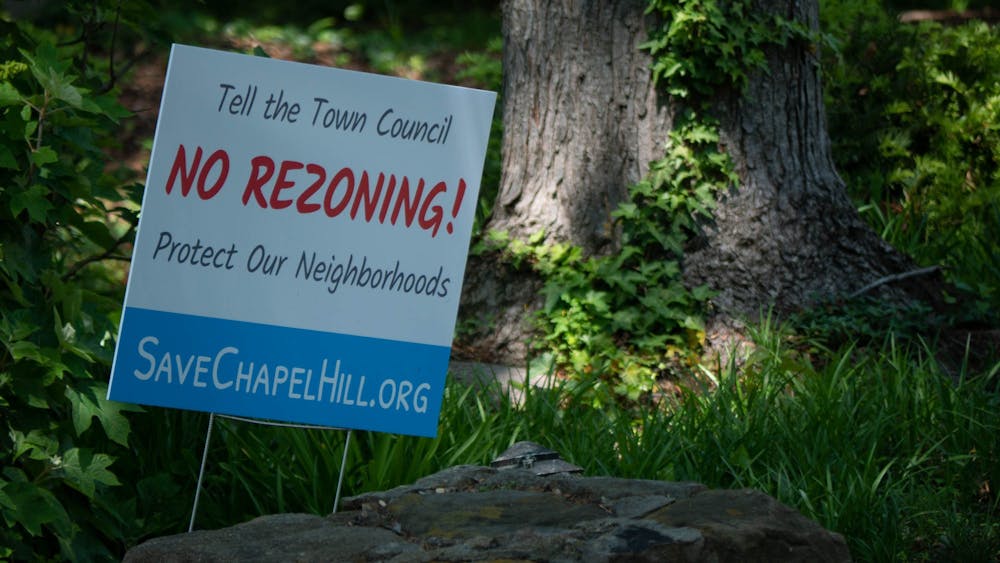There’s an election happening – right now.
Early voting in Orange County began on Thursday and will run through 3 p.m. on Nov. 4. Election day is Nov. 7 and, once the results are finalized, Chapel Hill will have a new mayor and at least three new council members.
In a predominately progressive town like Chapel Hill, it can be hard to tell local candidates apart. President Joe Biden got nearly 75 percent of the vote in Orange County.
This is deep blue territory, in more ways than one.
This election is more than a partisan issue, though — there are multiple issues at play. Mayoral candidate and current town council member Adam Searing and his slate have made parks a big part of their campaigns. Erik Valera is an experienced community leader who would give a much-needed voice to Chapel Hill’s Hispanic community. Mellisa McCollough would bring decades of environmental experience through her work with the Environmental Protection Agency, and Elizabeth Sharp’s business experience could help keep Franklin Street vibrant and bustling.
Considering their ideological similarities, it seems that housing policy is the only major difference between a Searing or Jess Anderson victory in next month's mayoral race.
Housing issues in Chapel Hill are complicated. Affordable housing for the lowest-income residents isn’t profitable for developers without town subsidies. Studies in the town show that we need to be building 485 units per year to keep up with growth. Hitting that mark will – best-case scenario – keep housing costs where they are. To actually reduce costs, you need a housing surplus.
Creating that in Chapel Hill should require two things. First, is UNC stepping up and building more student housing? One building the size of Hinton James Residence Hall houses nearly 1,000 people. Even if UNC builds more apartment-style housing like Taylor Hall, that's 247 students taken out of the Chapel Hill rental market. The second is making it easier to build housing of any kind.
That's the point of June's land use management ordinance (LUMO) amendments: allowing more forms of housing to be built in more places, without needing approval from the Town.



